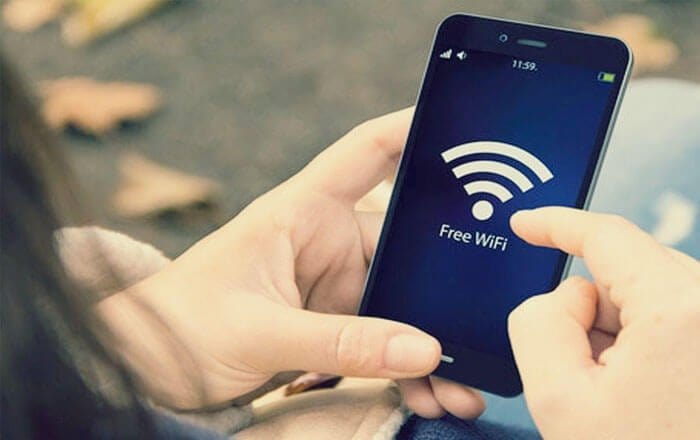Dangers of Free Wi-Fi
At least 75 percent of travellers prefer hotels that provide free Wi-Fi and for many, internet access is more important than landline telephone or complimentary breakfast. This has been a prevalent trend for the past five years. A 2014 Samsung UK survey also indicated that for 37 percent of people free Wi-Fi, and not the quality of coffee or tea, is the deciding factor when choosing a coffee shop. Our growing love for technology has spawned the culture of free Wi-Fi in libraries, coffee shops, hotels, airports, and other public places. While everyone loves the sound of the word ‘free,’ there are some dangers associated with unsecured, open access Wi-Fi.
Your personal information can be stolen: While you surf the internet while enjoying a cup of coffee at Starbucks or the library, your personal data could be vulnerable to interception. Hackers can easily intercept personal data on free Wi-Fi networks which means sensitive information related to credit card details, bank account, passwords or social security number is leaked. Even on networks that may have encryption, it is important to ensure SSL encryption to protect data from your social media, email or browser usage.
Fake hotspots signal trouble: Hackers also lure gullible users with fake hotspots. Many people are not aware of the dangers of free Wi-Fi and do not bother to check if a free hotspot is malicious. Once you log in to the fake Wi-Fi hotspot, it is easy for hackers to plant vicious malware or access your personal data or files on your internet device. If you are working from a coffee shop or a restaurant that has free Wi-Fi, as many people do, your company information could also be exposed. One way to stay safe from hackers is to enable the option of “always use HTTPS” on frequently visited websites. Particularly, if you have to log in for your work by entering credentials, it is critical to enable “https” option. If you are not sure about how to secure your data with SSL encryption or using the https option, contacting IT support London is the best course of action.
Your personal data is needed to access Wi-Fi: Many free Wi-Fi networks require you to enter your personal data before providing access. In exchange for free Wi-Fi, a company or an entity can collect, analyse or store personal data of users, track their location and monitor their activity. Although new data privacy laws are in place, many people do not understand how their data is being used and do not bother to read terms of use or privacy policy. While employees are on the go and need to access WiFi networks to do their jobs, the company’s data is at a high-risk if they use a public network.
If you are a frequent user of public networks, configuring a virtual private network (VPN) and enabling automatic connection is a safer option. A VPN enables a secure connection over the internet to another network. VPNs are useful for shielding browsing activity from hackers and accessing region-restricted websites on public networks. Most employers provide VPN network access on the go.
It is also important to not select default or automatic connection to a free network on your smartphone. Changing passwords and not using repetitive ones will also help protect your data.
Another way to avoid using free Wi-Fi is to opt for an unlimited data plan. Although the bills are higher, in the long run, there are no hassles of your personal data being hacked.
